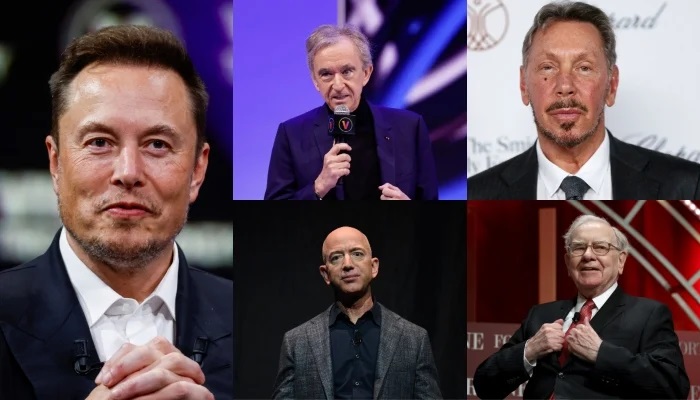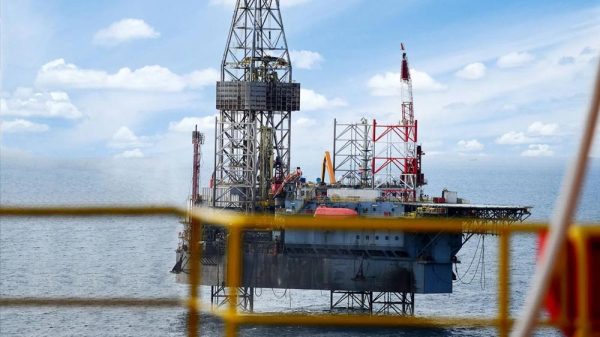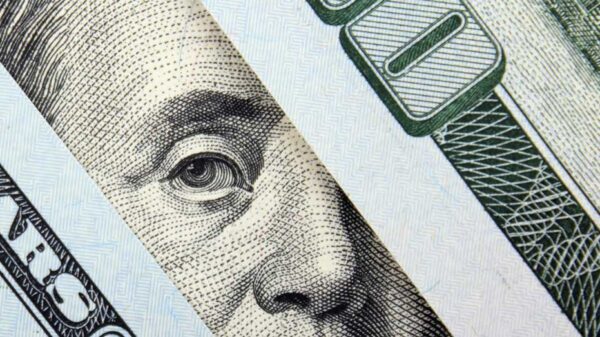A recent report by Oxfam has shed light on the staggering wealth accumulation of the world’s five richest individuals. The study, released in conjunction with the annual World Economic Forum meeting in Davos, Switzerland, highlights the alarming disparity between the super-rich and the rest of the global population. As billionaires continue to amass fortunes at an unprecedented rate, billions of people struggle with poverty, inflation, and the effects of the climate crisis. This article explores the key findings of the Oxfam report and the implications of such extreme wealth concentration.
Rising Fortunes
According to the Oxfam report, the combined net worth of the five wealthiest individuals on Earth has more than doubled since 2020, reaching a staggering $869 billion. Taking inflation into account, this represents a jaw-dropping 114% increase. The billionaires in question are Jeff Bezos, Warren Buffett, Bernard Arnault, Larry Ellison, and Elon Musk. Elon Musk, the CEO of Tesla and SpaceX, experienced the most significant surge in wealth, with his net worth soaring to $245.5 billion, a remarkable 737% increase since March 2020.
Growing Inequality
While a handful of individuals enjoy exponential wealth growth, nearly 5 billion people worldwide have seen their economic circumstances deteriorate. Factors such as inflation, war, and the climate crisis have contributed to this worsening situation. Disturbingly, at the current trajectory, it would take approximately 230 years to eradicate poverty entirely. The Oxfam report underscores the urgent need for equitable economic systems that prioritize the well-being of all individuals, rather than perpetuating wealth concentration.
Corporate Influence
Oxfam’s findings also draw attention to the influence of corporations in exacerbating wealth inequality. The report reveals that seven out of ten of the world’s largest public companies are either headed by billionaire CEOs or have billionaires as major shareholders. Furthermore, the top 1% holds a staggering 43% of the world’s financial assets. This concentration of economic power is not limited to a specific region, with the top 1% owning 32% in the United States, 50% in Asia, 48% in the Middle East, and 47% in Europe.
Profit Surge
Oxfam’s report highlights the substantial profits amassed by large corporations in recent years. In the 12 months leading up to June 2023, 148 of the world’s largest corporations generated nearly $1.8 trillion in profits, a 52.5% increase compared to the previous three years. Notably, sectors such as oil and gas, pharmaceuticals, and finance stand out for their disproportionate profit growth. Oxfam emphasizes the role of monopoly power in perpetuating wealth redistribution in favor of corporations and the super-rich.
Addressing Inequality
While the Oxfam report highlights the grim reality of growing wealth inequality, it also acknowledges some positive developments. Workers worldwide have begun advocating for improved compensation and working conditions through strikes and negotiations. Additionally, some governments have taken steps to strengthen workers’ rights and address income disparities. However, much more needs to be done to rectify the systemic imbalances that contribute to extreme wealth concentration.











